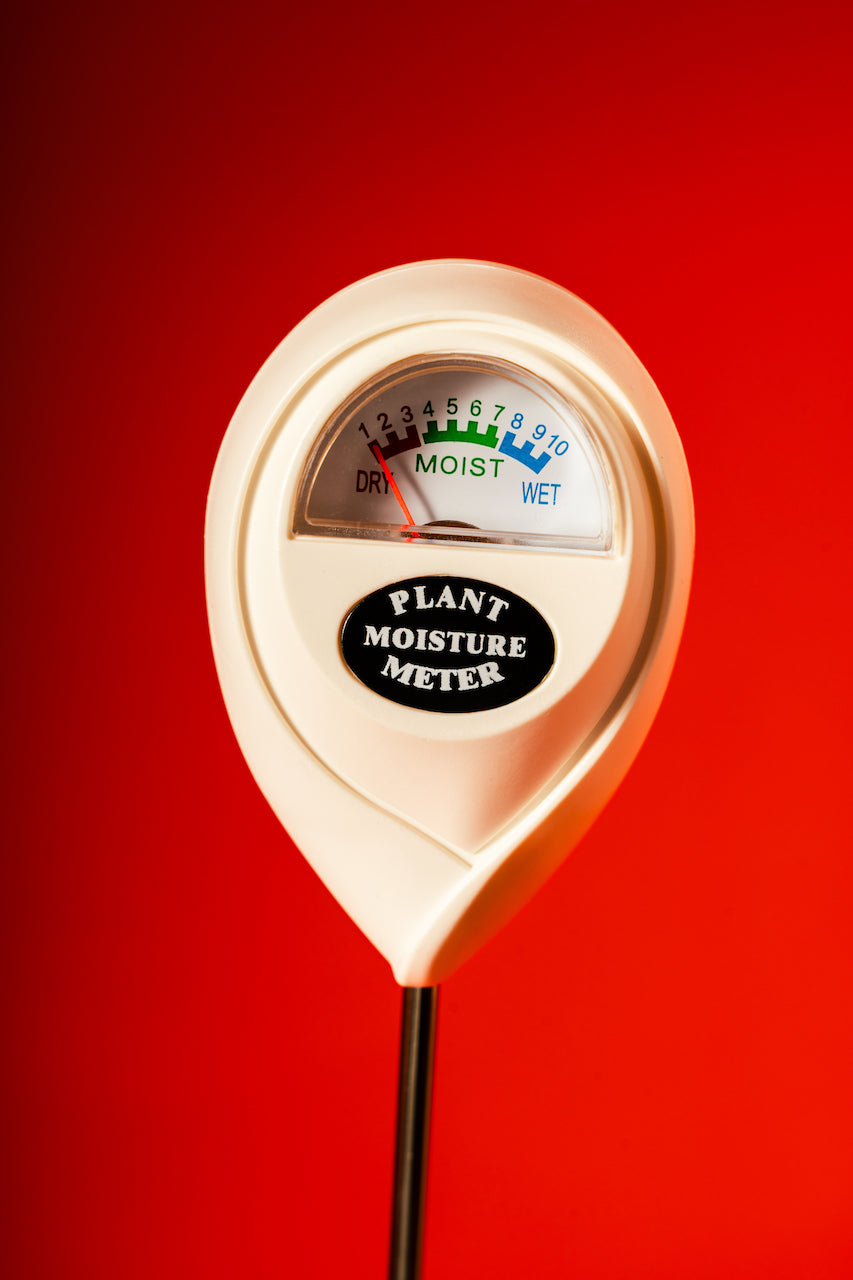The Ultimate Guide to Choosing the Right Moisture Meter for Your Demands
The Ultimate Guide to Choosing the Right Moisture Meter for Your Demands
Blog Article
The Ultimate Guide to Moisture Meters: A Comprehensive Overview and Exactly How They Can Save You Cash
In the world of building upkeep, building, and different sectors, the value of precisely measuring wetness levels can not be overemphasized. Wetness meters work as vital tools in discovering and keeping an eye on moisture web content in materials, helping in avoiding expensive problems and guaranteeing the quality of items. Recognizing the nuances of different sorts of dampness meters, their applications, and the prospective cost-saving benefits they provide can be a game-changer for companies and professionals alike. Discovering exactly how these tools can not only improve procedures however also add to monetary cost savings is a journey worth starting.
Kinds Of Dampness Meters
Numerous sorts of moisture meters are offered for different applications in numerous industries. One usual type is the pin-type moisture meter, which determines the electrical resistance in between two pins inserted right into a material. This kind is appropriate for timber, drywall, and various other structure materials. Pinless wetness meters, on the various other hand, usage electromagnetic sensing unit plates to check a bigger location without triggering damages to the product's surface area. Moisture Meter. These meters are suitable for quickly examining dampness levels in big areas such as walls and floorings.

In addition, there are likewise specialized moisture meters made for details products like dirt, hay, or grain. These meters provide accurate dampness analyses customized to the one-of-a-kind residential or commercial properties of the material being tested. Infrared wetness meters measure the thermal homes of a material to identify its dampness web content non-invasively, making them valuable for applications where pin or pinless meters may not be ideal. Understanding the different kinds of moisture meters available can aid industries pick one of the most appropriate tool for their specific moisture dimension requirements.

Benefits of Making Use Of Wetness Meters
Dampness meters supply invaluable advantages in properly evaluating and keeping an eye on moisture degrees in diverse materials and settings. One of the key benefits of making use of moisture meters is the avoidance of potential damages caused by excess wetness.
In addition, utilizing dampness meters can lead to boosted power efficiency. In agricultural setups, wetness meters play a critical function in maximizing plant yields by enabling farmers to check soil dampness levels and make notified irrigation choices.
Just How to Select the Right Moisture Meter
Selecting the proper wetness meter includes considering essential elements such as product compatibility, measurement variety, and calibration precision. When choosing a wetness meter, it's vital to ensure that the meter appropriates for the certain product you will be testing. Various products have differing electric residential or commercial properties that can influence wetness analyses, so picking a meter developed for your product is vital for accurate results. In addition, think about the measurement variety of the wetness meter. Make sure that the meter can identify dampness levels within the range needed for your applications. Calibration precision is another crucial aspect to bear in mind. Choose a moisture meter with reliable calibration to make sure accurate and regular readings. Some meters may require regular calibration modifications, so recognizing the calibration procedure is very important. By meticulously evaluating these aspects, you can choose a moisture meter that meets your requirements and gives accurate dampness dimensions for your jobs.
Appropriate Methods for Dampness Meter Usage

Expense Cost Savings Via Dampness Meter Applications
Just how can the tactical application of wetness meters lead to substantial cost savings across various industries? In the farming industry, moisture meters aid in determining the have a peek at this site optimal time for collecting plants, avoiding excess or over-drying moisture that can influence the last item's high quality.
Similarly, in building, dampness meters assist protect against pricey problems by finding dampness levels in building materials, such as timber or concrete, which can result in structural issues if not addressed promptly. By determining issue locations early, service providers can take corrective actions to prevent considerable repair work or replacements, inevitably saving time and cash.
Moreover, in the food processing sector, wetness meters are necessary for keeping track of item top quality and making certain compliance with safety laws. By accurately determining moisture material in food items, producers can you could try this out prevent wasting, maintain freshness, and decrease waste, resulting in substantial expense savings. Overall, the critical application of dampness meters is a useful investment that can result in considerable cost decreases and boosted effectiveness across various markets.
Conclusion
Finally, moisture meters are valuable devices for detecting and gauging dampness degrees in different materials. By utilizing the ideal dampness meter and complying with correct strategies, customers can effectively avoid pricey problems caused by excess dampness. Purchasing a high quality dampness meter can result in significant price financial savings over time by determining potential concerns early on and allowing prompt remediation. Inevitably, wetness meters are necessary instruments for maintaining the honesty and durability of materials and structures.
Wetness meters serve as crucial devices in spotting and checking moisture content in materials, helping in protecting against pricey problems and making certain the quality of items. Infrared wetness meters measure the thermal properties of a material to identify its wetness content non-invasively, making them my blog valuable for applications where pin or pinless meters might not be ideal.Dampness meters provide invaluable benefits in precisely assessing and monitoring dampness levels in varied products and atmospheres. In agricultural setups, dampness meters play a crucial function in maximizing crop returns by enabling farmers to keep track of soil dampness levels and make informed watering choices.In final thought, moisture meters are beneficial tools for determining and identifying wetness levels in various products.
Report this page